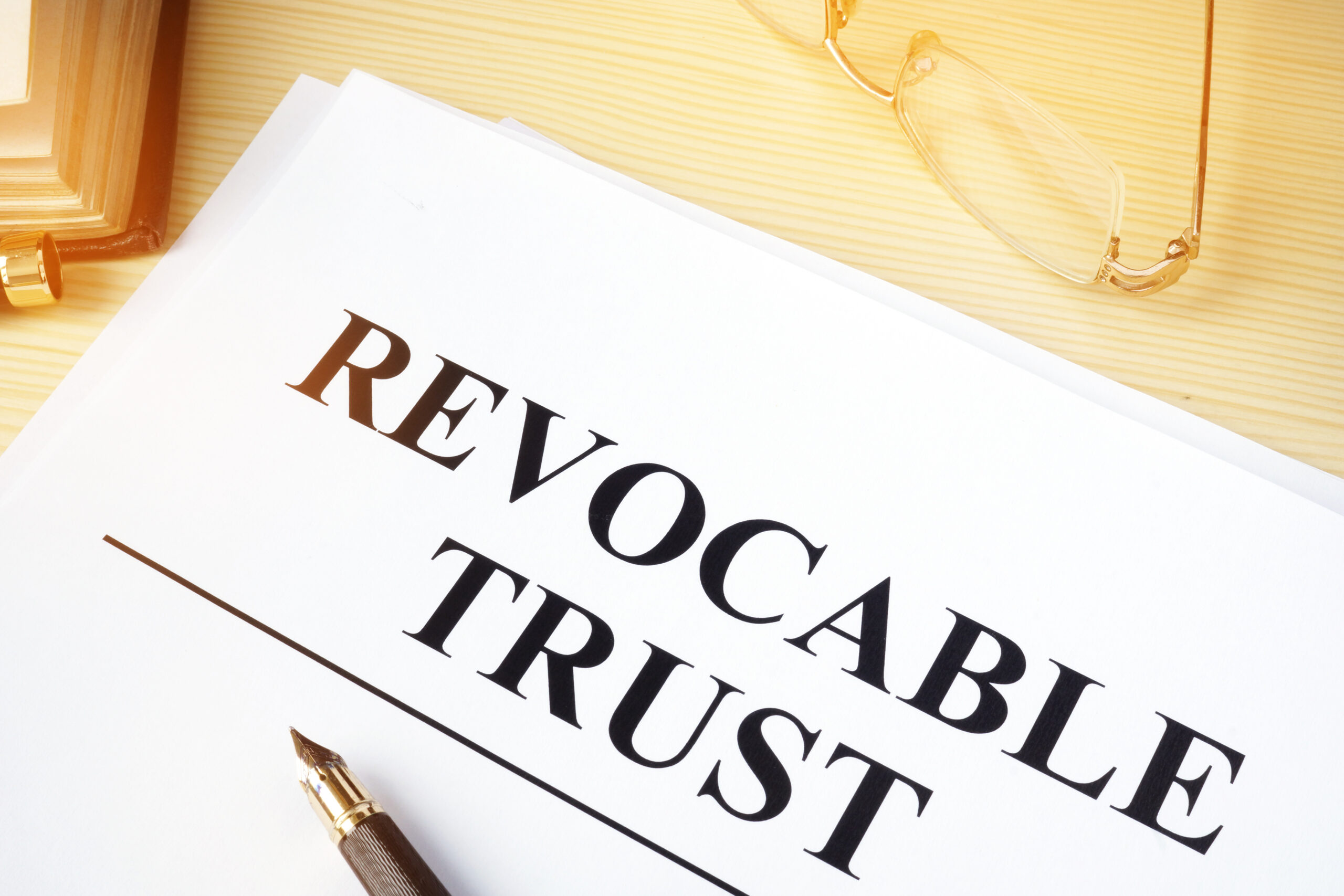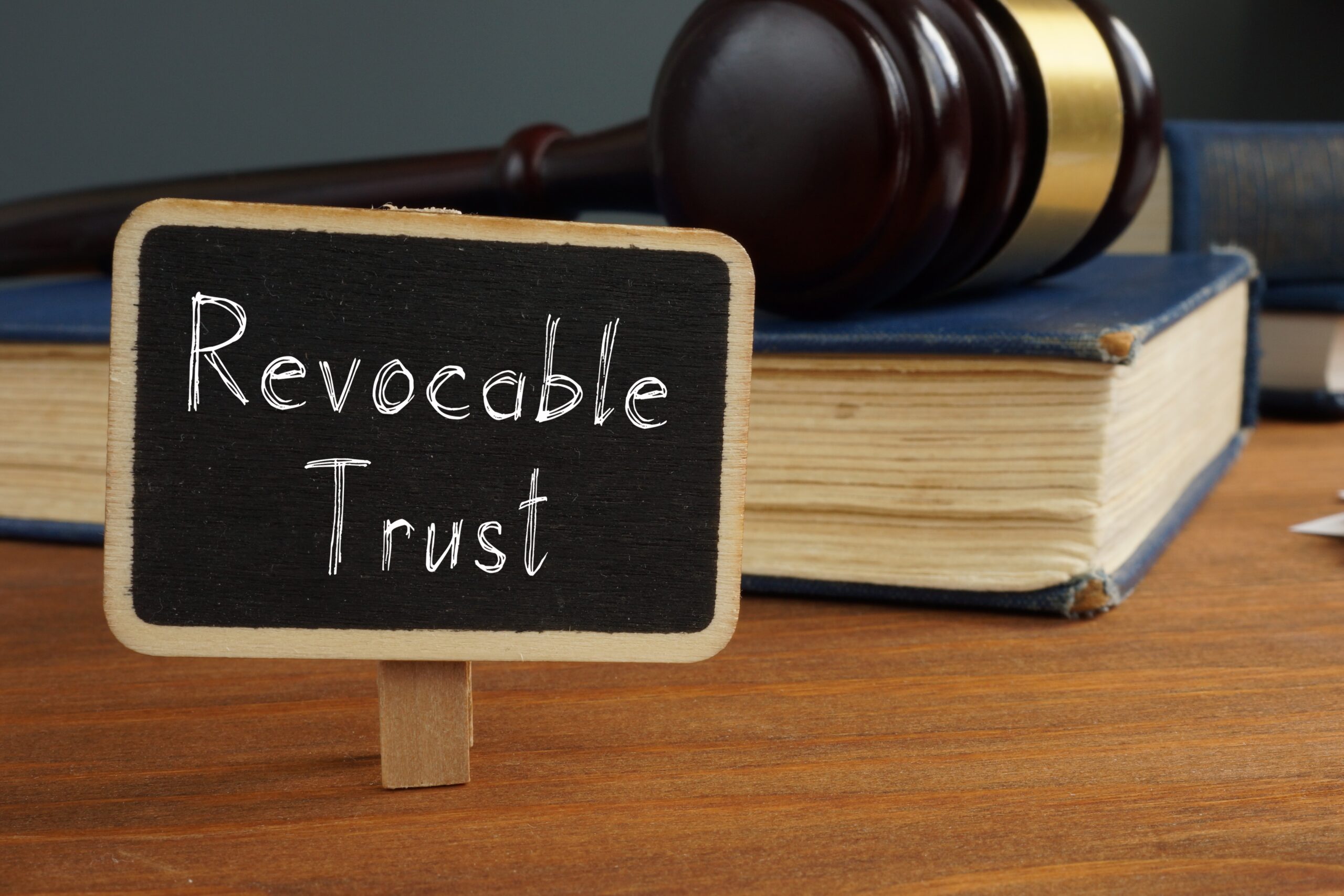One question that’s always popping up in financial planning conversations is, “Do I really need a trust? I thought that was only for really rich people.” It’s a big question with even bigger implications for how your assets will be managed and distributed. So, let’s get right into it by exploring three crucial questions you should ask yourself to help make this decision.
Question 1: Do I Want to Have a Say in How This Money Is Managed After I’m Gone?
If you’ve built a nice little nest egg, you probably have some opinions on how it should be used. With a will, once your assets are distributed, you lose all control. Your heirs can use the assets as they see fit, whether that’s investing wisely or, well, buying a new Porsche (unfortunately, I’ve seen it all).
Trusts offer a different story. With a trust, you can lay down rules and stipulations on how the money should be spent or invested. You can make sure that the money is only used for educational purposes, for instance, or set up periodic distributions to help manage spending.
Question 2: Is it Important to Keep My Finances Private?
If you’re like most, privacy is important, especially when it comes to your financial legacy. With a will, your estate goes through probate—a public, court-supervised process. Yes, that means your will becomes a public document that anyone can look at.
But a trust? That’s a private affair. Trusts are not subject to probate, which means your financial details remain confidential. Plus, a trust avoids the time and expense of the probate process.
QUESTION 3: IS IT IMPORTANT TO PROVIDE MY HEIRS WITH CREDITOR AND DIVORCE PROTECTION?
Life happens, and sometimes that means dealing with creditors or navigating a divorce. With a simple will, assets inherited are generally exposed to the creditors and ex-spouses of your heirs.
Enter the trust. Depending on how it’s structured, a trust can provide a layer of protection against creditors and in divorce proceedings. For instance, a discretionary trust gives the trustee the authority to distribute funds at their discretion, making it more challenging for creditors to claim those assets.
Wrapping Up
Trusts can offer control, privacy, and protection—but they come with their own set of challenges like initial setup costs, retitling assets, and ongoing maintenance after you’re gone. The questions above are a great starting point to guide you through the decision-making process. But remember, every financial situation is unique, so these questions should serve as a launchpad rather than a one-size-fits-all solution.
Connect with your advisor to have a more in-depth conversation.




